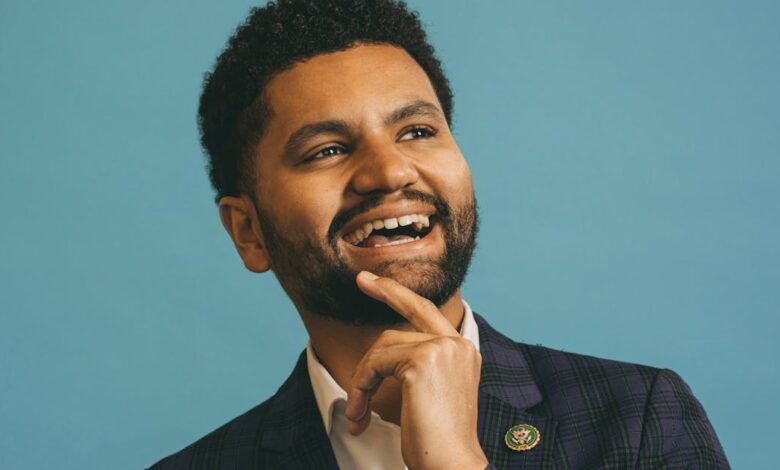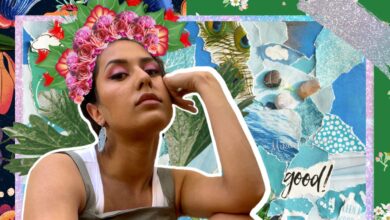25 Political Influencers to Watch in 2024

Alec Karakatsanis
Civil rights lawyer Alec Karakatsanis (@equalityAlec on X) notes that most tweets and Instagram posts assume that people “know way too much about an issue.” Among many high-profile victories, he won O’Donnell v. Harris County—which resulted in a 2019 consent decree ordering Harris County, Texas, to limit bail requirements for nonviolent offenders. Around the same time, Karakatsanis started tweeting distinctive threads “that situated news in the history of, say, bail and mass incarceration.” As people began sharing his threads and approaching him about them, he thought, “How can I make this engagement actually educational?” Karakatsanis acknowledges the increasing difficulty of posting on X, now that it’s harder to embed links. “You have to think about the algorithm … how to frame the first tweet, build suspense, then give people a place to go to learn more.” After the George Floyd protests, Karakatsanis, who founded the carceral reform nonprofit Civil Rights Corps, began critiquing public assumptions and media coverage about crime. Many of his threads, he said, are in response to requests from educators, advocates, and even journalists themselves. He publishes, he said, “in service of a shared goal—to counter a lot of the propaganda around crime.” His tweets gave rise to his Substack newsletter; his 2019 book, Usual Cruelty; and Copaganda, which will be published next year.
Parker Molloy
If Parker Molloy (@parkermolloy on social platforms) has worn many hats over her long career—editor, award-winning media critic, freelance essayist—she’s brought them all to her eclectic and winningly conversational newsletter of political and cultural commentary, The Present Age, which showcases her keen eye and sophisticated critical skills. The Present Age is an excellent destination for people who want to break free from fast-and-loose takes or analysis that gets laden with in-group shorthand. This is part of the plan, Molloy told TNR: “When I’m writing a newsletter, I’m doing so with two distinct groups in mind: journalists and the average politically minded American. If members of each group can read one of my posts and come away with a new outlook on things, I’d call that a success, even if their outlook isn’t a mirror of my own.”
Bisan Owda
Bisan Owda, 25, is a Palestinian community activist and filmmaker turned war correspondent by the inescapable crush of Israel’s war on Gaza. Before the war reached the Gaza native’s doorstep, she worked with the United Nations on gender equality and the European Union on climate change. She also hosted her own TV show, Hakawatia (the Arabic word for “storyteller”), leveraging social platforms to speak on women’s rights in the Middle East. Since October 7, Owda has radically transformed her social media presence, dedicating herself to providing glimpses into the horrors and humanity from the Gazan side of the war front. In TikTok and Instagram videos, Owda (@wizard_bisan1) captures the emotional toll of the conflict—filming children protesting for a cease-fire, the desperation for food amid a systemic starvation, the tent cities built by the displaced, and, against it all, the will of the people to survive and thrive. Even before the war broke out, Owda had a powerful philosophy about the might of social media. “Online content plays a major role in shaping our conception of the world, opinions, and values,” she told UN Women, an agency promoting gender equality. “Through influencing public opinion, social media is also one of the most effective tools to mobilize and advocate for change.” Despite this, The Times of Israel has derided her as a “professional Hamas propagandist.” Still, she persists: “Hey everyone, it’s Bisan from Gaza, I’m still alive.”




